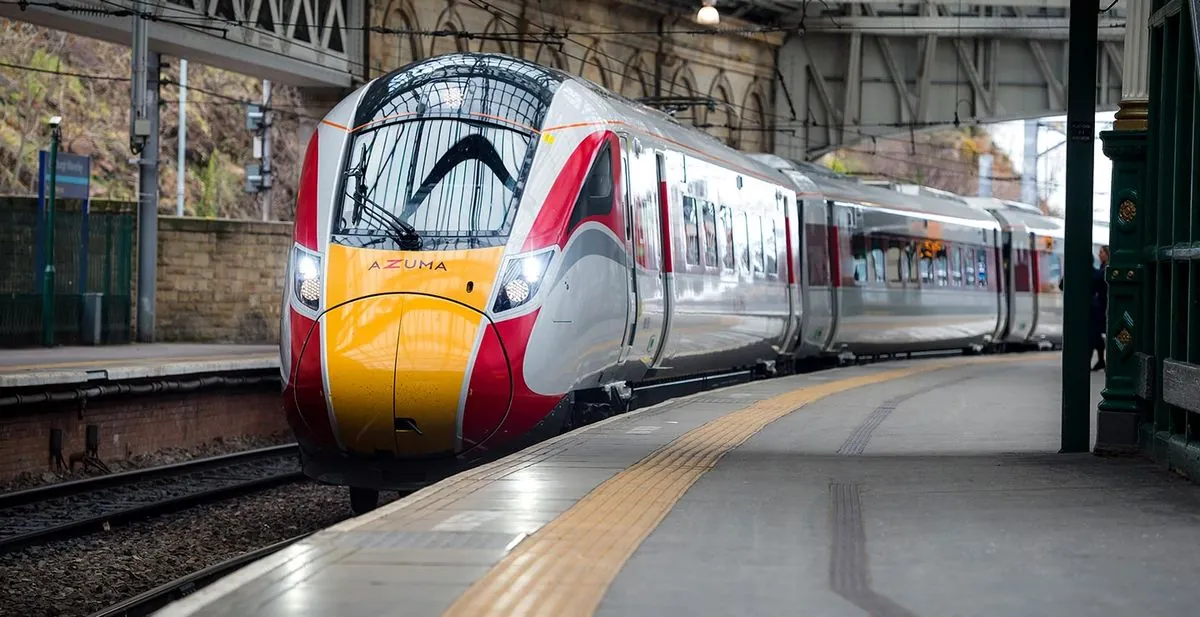LNER Train Drivers Announce Weekend Strikes, Disrupting Travel Plans
LNER train drivers plan weekend strikes from August 31 to September 10, 2023, affecting major routes. Passengers advised to seek alternative travel options as industrial action impacts end-of-summer journeys.

LNER train drivers have announced a series of weekend strikes, potentially disrupting travel plans for many passengers. The industrial action, set to occur on Saturdays and Sundays from August 31 to September 10, 2023, comes as a result of a labor dispute between the train drivers' union Aslef and LNER management.
The strikes will affect LNER's intercity services connecting London King's Cross with major cities in northern England and Scotland. This includes routes to Aberdeen, Inverness, Glasgow, Edinburgh, Newcastle, York, Leeds, and Doncaster. It's important to note that these strikes are separate from the national pay dispute and will only impact LNER services.
Aslef, founded in 1880, cites a breakdown in industrial relations and alleged breaches of agreements by LNER as the primary reasons for the strike. Mick Whelan, Aslef's general secretary, stated that the union aims to bring LNER management back to the negotiating table. The dispute reportedly stems from issues related to staffing levels and work scheduling practices.

Passengers planning to travel during the affected weekends should consider alternative options. Other train operators, such as Lumo and Grand Central Railway, may offer services on some routes. For instance, travelers heading to St Andrews could use a combination of Lumo and ScotRail services. Long-distance coach operators like National Express and MegaBus also provide alternatives for reaching Scottish destinations.
The strikes are expected to have a significant impact on various sectors. Kate Nicholls, chief executive of UKHospitality, expressed concern about the potential loss of revenue for businesses, particularly in popular destinations served by LNER. Football clubs with matches scheduled during the strike weekends are being encouraged to inform fans about non-rail travel options.
LNER, established in 2018, operates on the East Coast Main Line, which covers 936 miles and serves over 50 stations. The company's fleet includes modern Azuma trains, introduced in 2019, capable of reaching speeds up to 125 mph. In the 2019-2020 period, LNER carried over 22 million passengers, highlighting the potential scale of disruption these strikes may cause.
"Our priority focus will be on minimising disruption to customers during the forthcoming Aslef strikes, which sadly will continue to cause disruption and delays. We are surprised and disappointed to hear this news following recent constructive conversations. We will continue to work with Aslef to find a way to end this long-running dispute which only damages the rail industry."
The Department for Transport has called on both Aslef and LNER to engage in good-faith negotiations to resolve the dispute promptly. As the situation develops, passengers are advised to stay informed about potential service changes and explore alternative travel arrangements for the affected weekends.


































